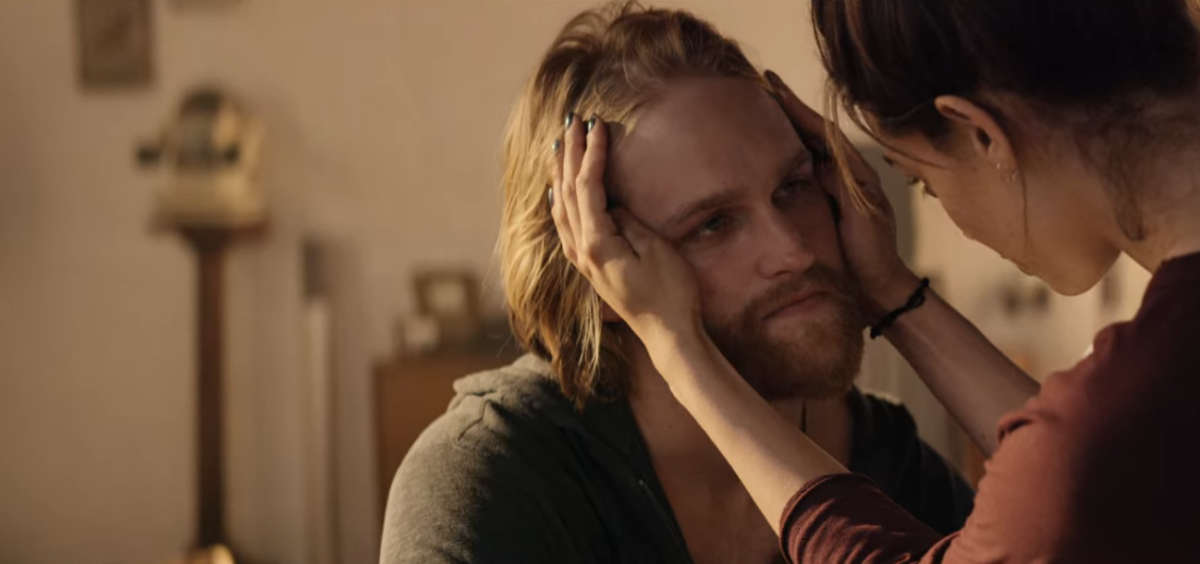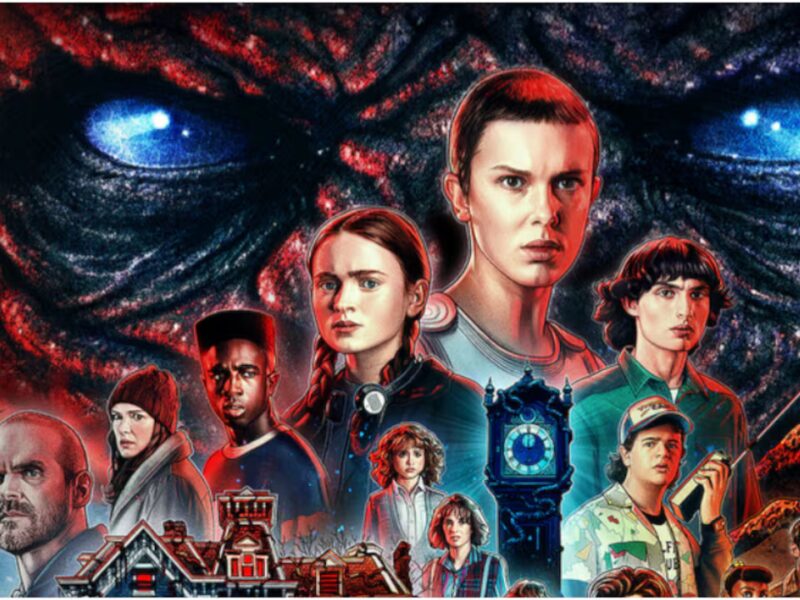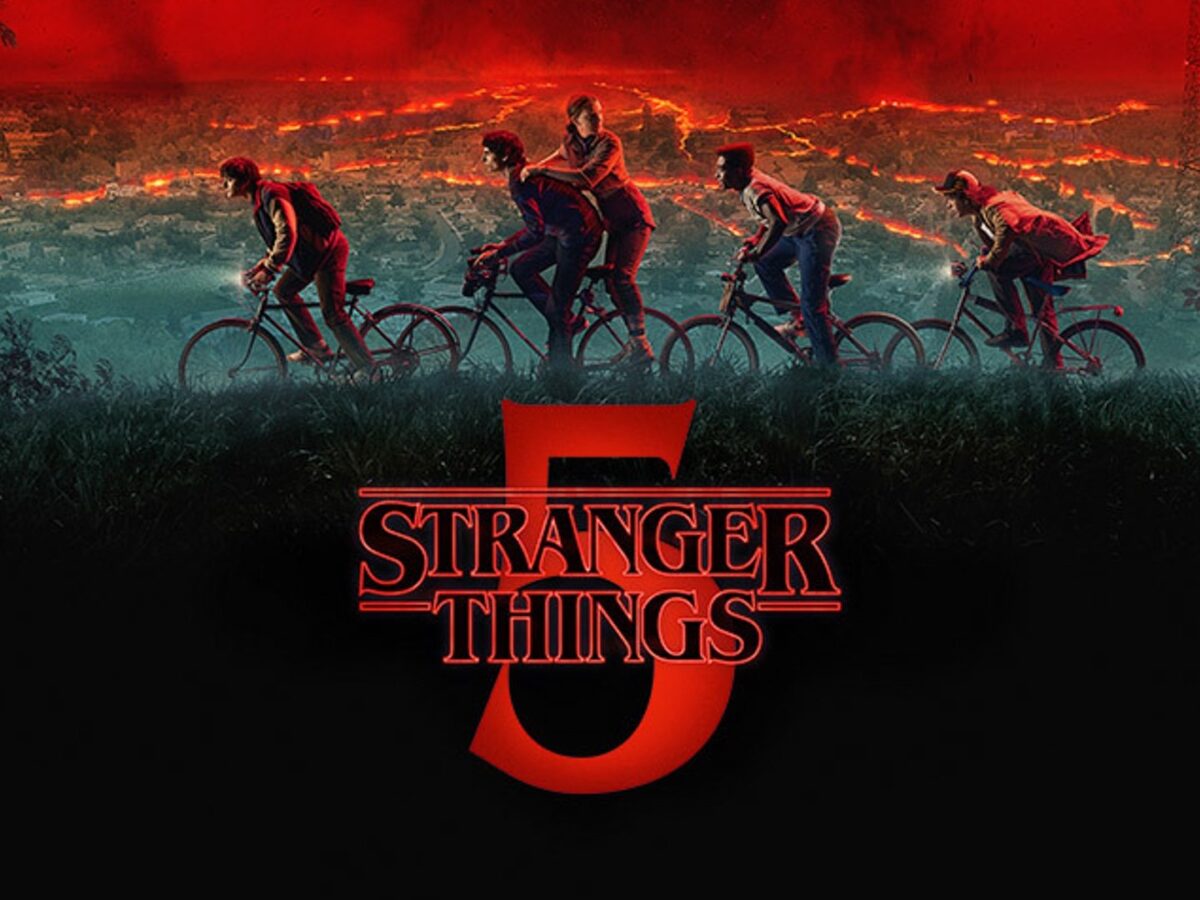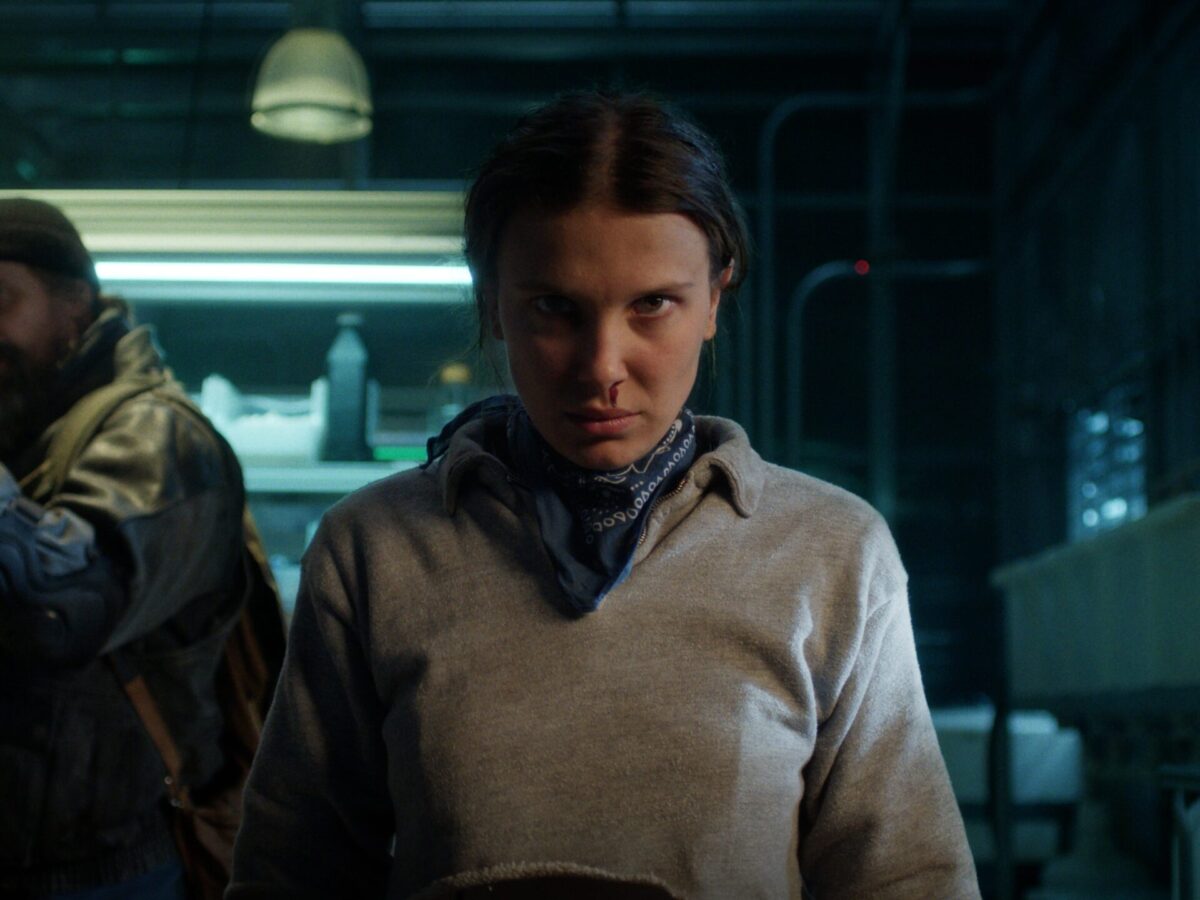Since its debut in 2011, Black Mirror has been much more than a science fiction series: it became a dark mirror of our modern-day obsessions. With its mix of futuristic tech and psychological horrors, Charlie Brooker created a universe where each episode acts as a warning about the dangers of a society driven by algorithms, surveillance, and digital narcissism. Now, with its seventh season on the horizon, it’s the perfect moment to revisit its most unforgettable moments. These ten episodes stand out not only for their narratives but for how they dismantle our assumptions about the present and future.
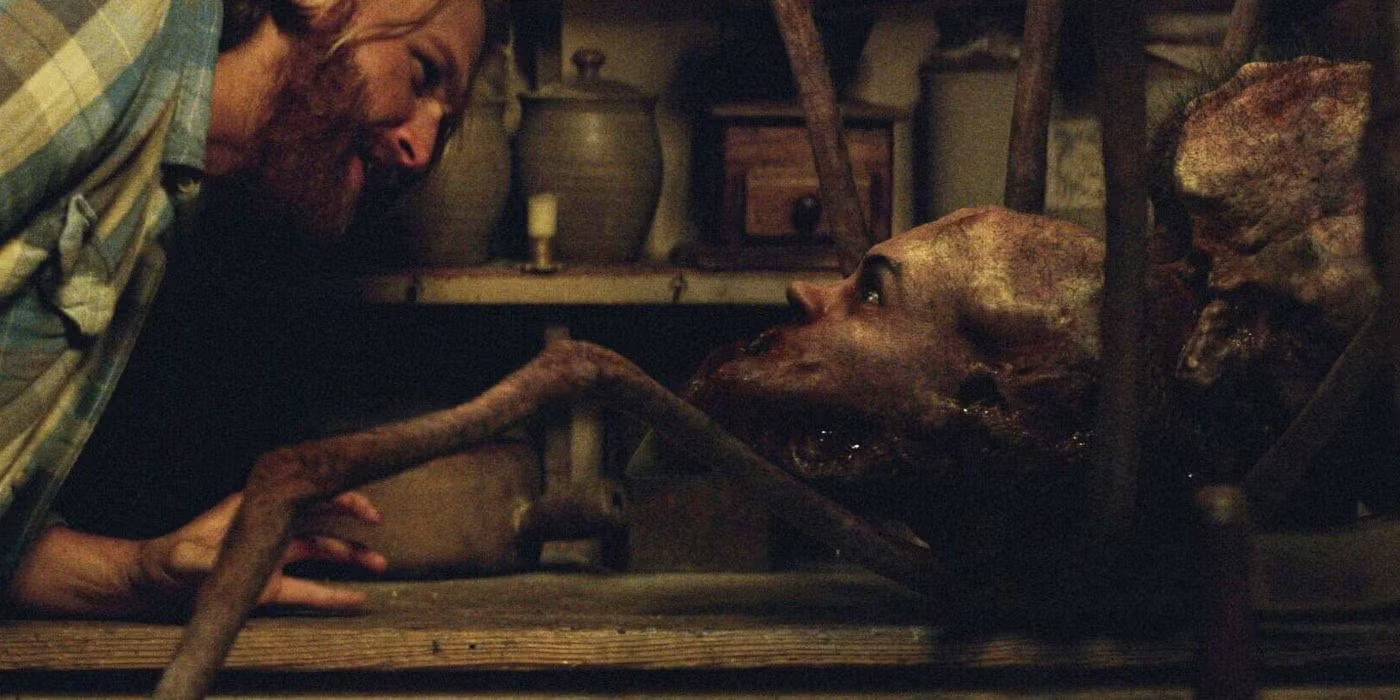
Mind and Screen Terrors: ‘Playtest’ and ‘White Bear’
One of the most unsettling episodes of the third season, Playtest (Season 3, Episode 2), pushes immersive technology to its limits. Featuring Wyatt Russell, and directed by Dan Trachtenberg, this episode turns a video game trial into a living nightmare. What begins as a simulation soon delves into the protagonist’s deepest fears, blurring the line between reality and fiction with a devastating final twist.
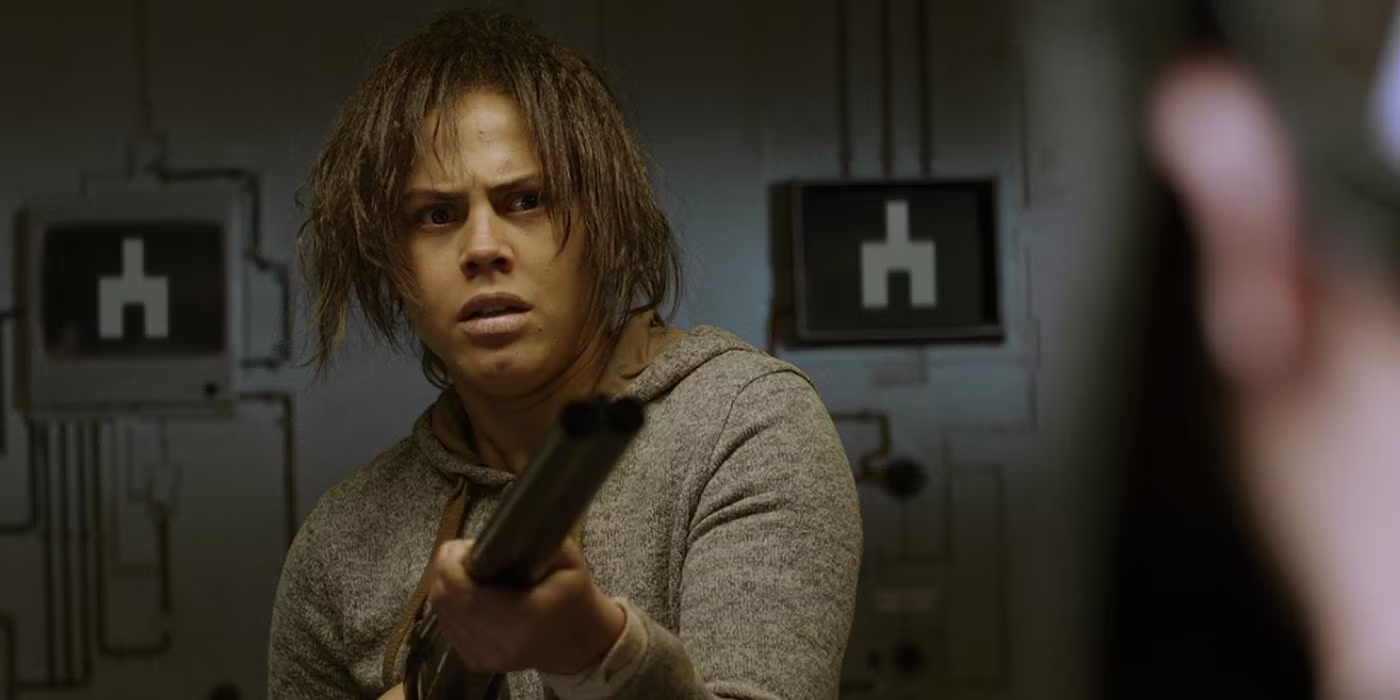
On the other hand, White Bear (Season 2, Episode 2) is a brutal study of justice, guilt, and punishment. In a world where voyeurism reaches pathological levels, a woman is relentlessly hunted while bystanders document her torment. Written by Brooker and directed by Carl Tibbetts, it’s one of the most savage entries in the series, ending with a revelation that reframes the entire story.
Manipulated Realities: ‘Nosedive’, ‘Joan Is Awful’ and ‘The Entire History of You’
Nosedive (Season 3, Episode 1), starring Bryce Dallas Howard, envisions a society where every interaction is scored socially. Beneath a pastel-colored and saccharine surface, the episode reveals how the constant need for validation leads to isolation and personal breakdown. Directed by Joe Wright, it’s a stylish yet ruthless critique of social media culture.
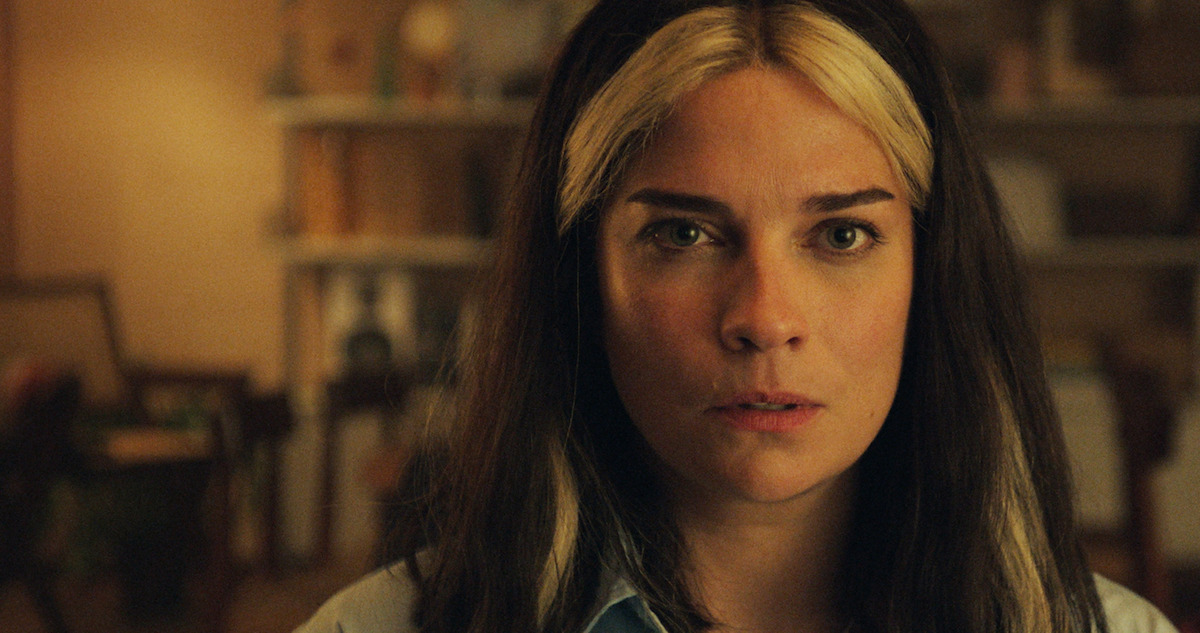
From the sixth season, Joan Is Awful (Season 6, Episode 1) boldly mocks reality TV and digital contracts with a premise both absurd and frighteningly plausible. Annie Murphy plays a woman who discovers her worst moments are being broadcast on a Netflix-like platform, all thanks to those unread terms and conditions. It’s a meta-narrative satire of our own digital choices.
Meanwhile, The Entire History of You (Season 1, Episode 3) explores the past with technology that lets people replay their memories with surgical precision. Written by Jesse Armstrong, the episode is a cruel portrait of obsession and emotional fragility, focusing on a couple disintegrating under the weight of total recall.
Love, Irony, and Alternate Universes: ‘San Junipero’, ‘USS Callister’ and ‘Hang the DJ’

Not everything in Black Mirror is despair. San Junipero (Season 3, Episode 4), directed by Owen Harris, is a rare glimmer of hope. This love story between Yorkie (Mackenzie Davis) and Kelly (Gugu Mbatha-Raw), set in a digital afterlife for the elderly, becomes a moving tribute to emotional transcendence in virtual settings. A nostalgic and deeply touching gem.
In contrast, USS Callister (Season 4, Episode 1) mixes homage and critique of the Star Trek universe. Jesse Plemons plays a programmer who turns his frustrations into a dictatorial reign inside a digital version of his workplace. With sharp writing and technical excellence, it’s one of the show’s most ambitious and polished entries.

Similarly, Hang the DJ (Season 4, Episode 4) presents a romantic dystopia where couples must follow a system that predicts the lifespan of their relationships. Unlike most episodes, this one ends on a hopeful note: love as rebellion against algorithmic control.
Scandal, Fame and the Grotesque: ‘National Anthem’, ‘Rachel, Jack and Ashley Too’
From its very first episode, Black Mirror made it clear that it came to provoke. The National Anthem (Season 1, Episode 1) is a moral grenade about media manipulation and the nature of power. With a grotesque premise and a restrained execution, this episode directed by Otto Bathurst opens the series with a bold statement: nothing is off-limits.

In contrast, Rachel, Jack and Ashley Too (Season 5, Episode 2), starring Miley Cyrus, uses a teen-fable format to reflect on the exploitation of public image and the manufacturing of celebrity personas. Less disturbing but sharply critical, it targets the entertainment industry and fan culture.
Each of these episodes proves why Black Mirror remains essential: its ability to foresee technological trends and transform them into emotionally charged fiction. With a new season approaching, one can’t help but wonder—will it live up to these classics?

